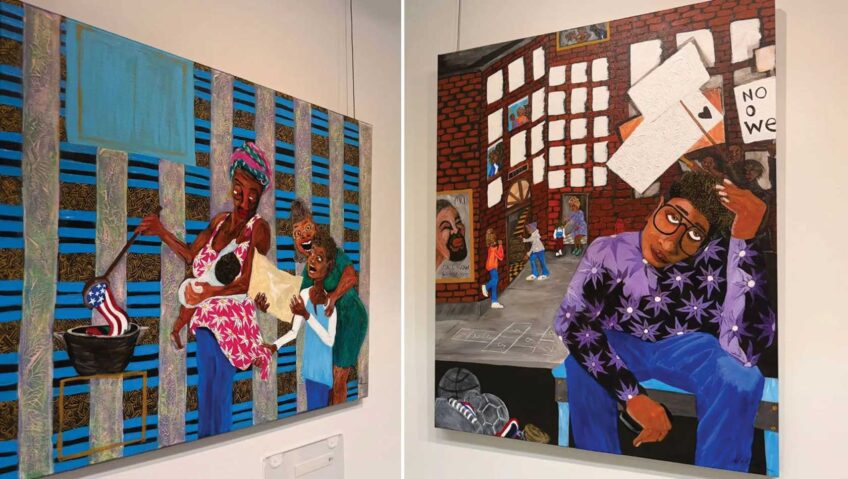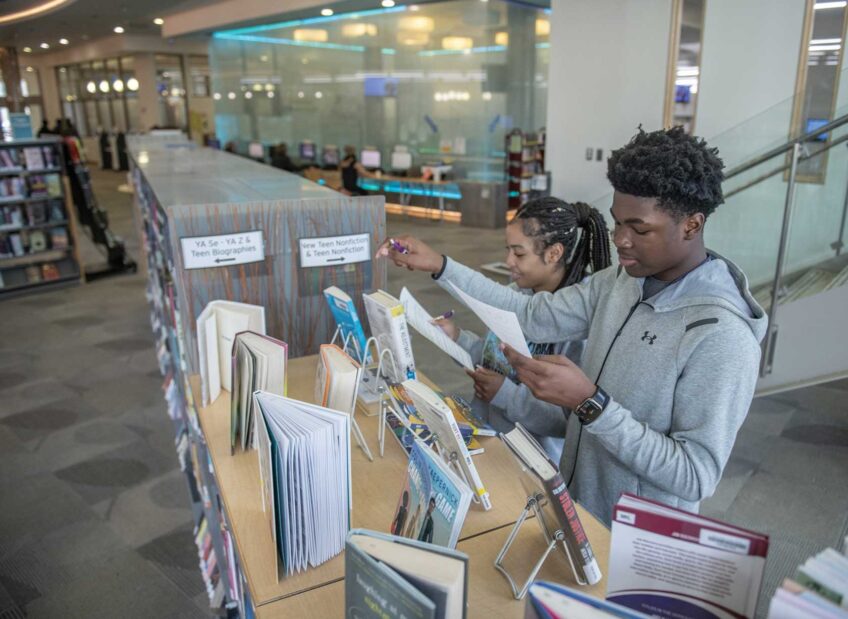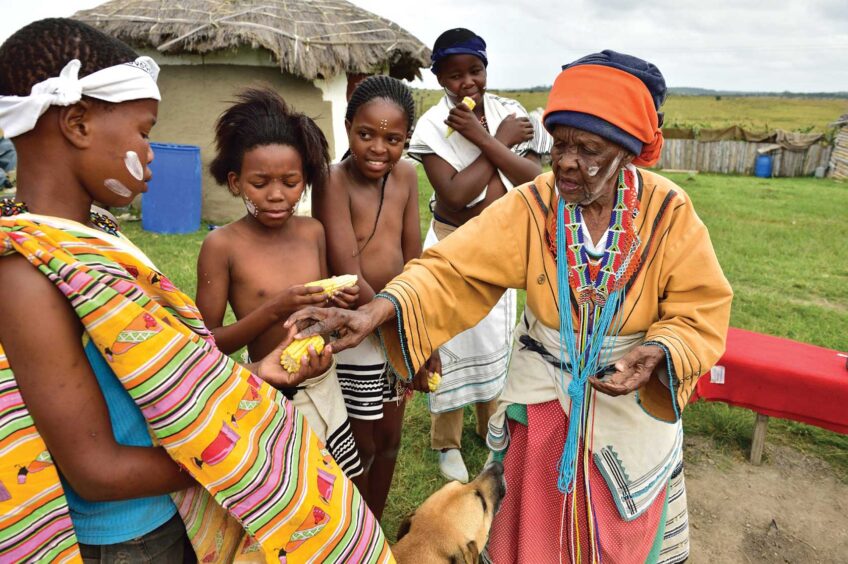Voting Rights and the personal politics of U.S. Rep. John Lewis
I have been thinking a lot about Georgia Rep. John Lewis, a leader of the civil rights movement, since the Supreme Court essentially gutted the Voting Rights Act last month.
His presence in our government is an important reminder for sometimes seemingly unconcerned policymakers that this country’s recent history involved state-sanctioned violence used to disenfranchise voters.
Immediately after the court’s decision, Rep. Lewis took to the airways to express his fierce disappointment and dismay at the ruling, saying it put a “dagger in the heart of the Voting Rights Act of 1965.” The very next day, the congressman publically praised the Court for its decision in support of same-sex marriage.
His responses to both decisions are unsurprising: he has been a consistently outspoken leader on the myriad of civil rights issues facing the United States. Rep. Lewis reminds us that political leadership exists, and that it is often informed by personal history.
I got a firsthand glimpse of that history about five years ago, on June 11, 2008, when I sat down with Lewis in his office in the Cannon House Office Building on Capitol Hill. I was finishing up research about anti-poverty efforts during the Civil Rights Movement, and had requested an interview with him based on his leadership role in the Student Nonviolent Coordinating Committee.
I had no expectation of a response to my request; I was a young, untenured scholar in racial politics sending an interview request to a congressman and former leader within the movement. Much to my surprise and delight, I received a response from his office. The congressman would meet with me.
Prior to my outreach, I had spent months in the archives of the Southern Christian Leadership Conference and SNCC, reading his memos, understanding his commitment to the strategic pursuit of constitutional change and learning about the implications of the hatred and violence he and others encountered.
I had come to admire the congressman’s ongoing moral commitment to civil rights; his leadership was unwavering and reflected an understanding of the importance of his particular voice as a former movement leader. Speaking in opposition to the Defense of Marriage Act on the House floor in 1996, Lewis explained to his colleagues that “I think that as politicians, as elected officials, we must not only follow, but we must lead. Lead our districts.”
So on a very hot day in late spring of 2008, Rep. Lewis spoke to me for more than 45 minutes. We did not sit across the table from each other; instead, he pulled up a chair next to me.
He told me stories of the movement, of the tensions between organizations, of the movement’s commitment to economic equality. He patiently corrected the distinction I was drawing between civil rights and economic rights for African Americans during the 1950s and 1960s.
At the end of the interview, he walked me to the elevators. Concerned that I would get lost on the way to the cafeteria, he gave me detailed directions and waited with me until the elevator arrived.
As the often-gridlocked Congress considers new voting rights legislation, which Rep. Nancy Pelosi has suggested calling, “The John Lewis Voting Rights Act,” perhaps Rep. Lewis’ model of political leadership, rooted in his personal history, will facilitate civil rights progress.
Rep. Lewis reminds us that laws have consequences — unjust and draconian Jim Crow laws led to life-threatening injuries as he mobilized for the right to vote.
When describing the events of Bloody Sunday on March 7, 1965, the day demonstrators were attacked in Selma, Ala., for their attempts to gain the right to vote, Lewis reported to a federal judge: “I was hit with a billy club. … I was hit twice, once when I was lying down and attempting to get up. … When we were forced back, most of the people in line knelt in a prayerful manner. … [The troopers] started throwing gas and people became sick and started vomiting, and some of us were forced off the highway and behind some buildings in the woods.”
Those personal injuries shaped a powerful political leader. Rep. Lewis reminds us that the political is, in fact, personal.
Catherine Paden, Ph.D., is an associate professor and the chair of the Department of Political Science and International Relations at Simmons College. She is also the author of the book Civil Rights Advocacy on Behalf of the Poor.






